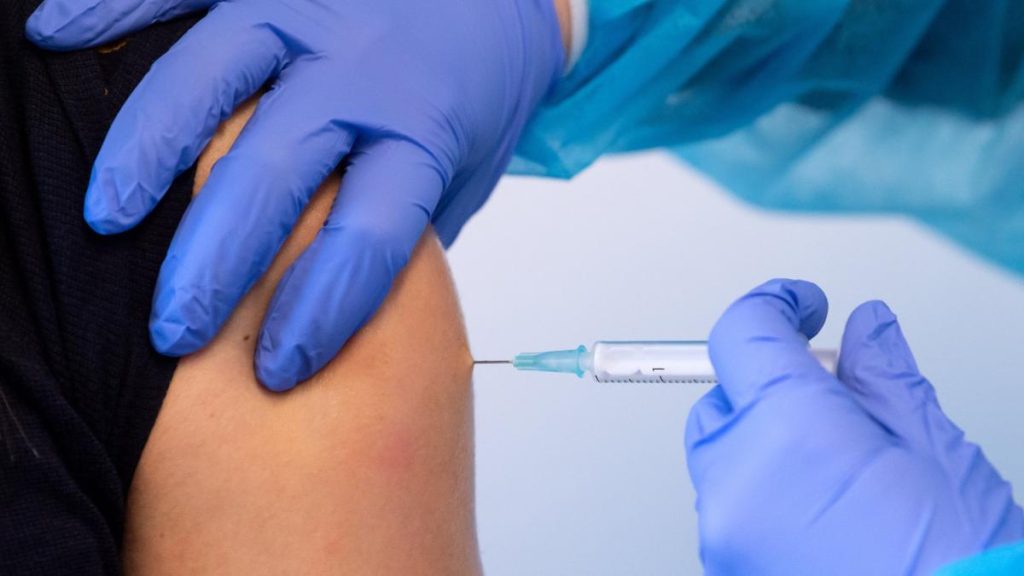The Corona pandemic has led to a significant increase in healthcare spending in Germany in 2022. According to data from the Federal Statistical Office in Wiesbaden, healthcare spending reached 497.7 billion euros, an increase of 4.8% compared to the previous year. This amounted to 5939 euros per capita, with healthcare spending accounting for 12.8% of the gross domestic product. The increase in spending is attributed to the costs associated with the pandemic, including testing in hospitals, nursing homes, and medical practices, as well as the vaccination campaign.
Public healthcare spending in relation to the pandemic had a noticeable impact on the overall healthcare expenditure in 2022. The costs for pandemic containment efforts contributed to a 15.6% increase in public healthcare spending to 48.3 billion euros. This was a significant increase compared to the 31.4% growth in public healthcare spending in 2021, with the share of public healthcare spending in the overall expenditure rising to 9.7% in 2022 from 4.4% in 2019. The largest share of healthcare spending in 2022 was attributed to statutory health insurance, accounting for 53.3% of total expenditures, followed by social long-term care insurance at 11.6%, and private households and non-profit organizations at 11.4%.
The total healthcare expenditure in Germany in 2022 was marked by a significant increase, reaching 497.7 billion euros as reported by the Federal Statistical Office. This figure reflected a 4.8% rise in expenditure compared to the previous year, with the healthcare spending per capita standing at 5939 euros and the healthcare expenditure accounting for 12.8% of the GDP. The data revealed that the costs related to the pandemic, such as testing in various healthcare settings and the vaccination campaign, were the major contributors to the increase in healthcare spending.
Looking ahead to 2023, a slight decrease in healthcare spending is projected based on the available data. Despite the ongoing challenges posed by the pandemic, there is optimism for a potential decline in healthcare expenditure in the coming year. The impact of the pandemic on healthcare spending was significant, with the costs associated with pandemic containment efforts being a major driver of the increase in public healthcare expenditure and the overall healthcare expenditure in the country.
One year after the end of the last pandemic measures, there is a growing call for a comprehensive review of the handling of the pandemic. Various political parties have been questioned about their stance on conducting a thorough assessment of the pandemic response. The interest in conducting a comprehensive review of the pandemic has been highlighted, with many advocating for an in-depth analysis and assessment of the actions taken during the pandemic. The call for accountability and transparency in the handling of the pandemic remains a key focus for many stakeholders.
In conclusion, the impact of the Covid-19 pandemic on healthcare spending in Germany has been substantial, with a significant increase in expenditure in 2022. The costs associated with pandemic containment efforts contributed to the rise in expenditure, with public healthcare spending playing a significant role in the overall healthcare expenditure. As the country looks towards the future, there is optimism for a potential decrease in healthcare spending in 2023, based on the available data. The call for a comprehensive review of the pandemic response remains strong, underscoring the importance of learning from the challenges posed by the pandemic and improving future preparedness and response measures.


